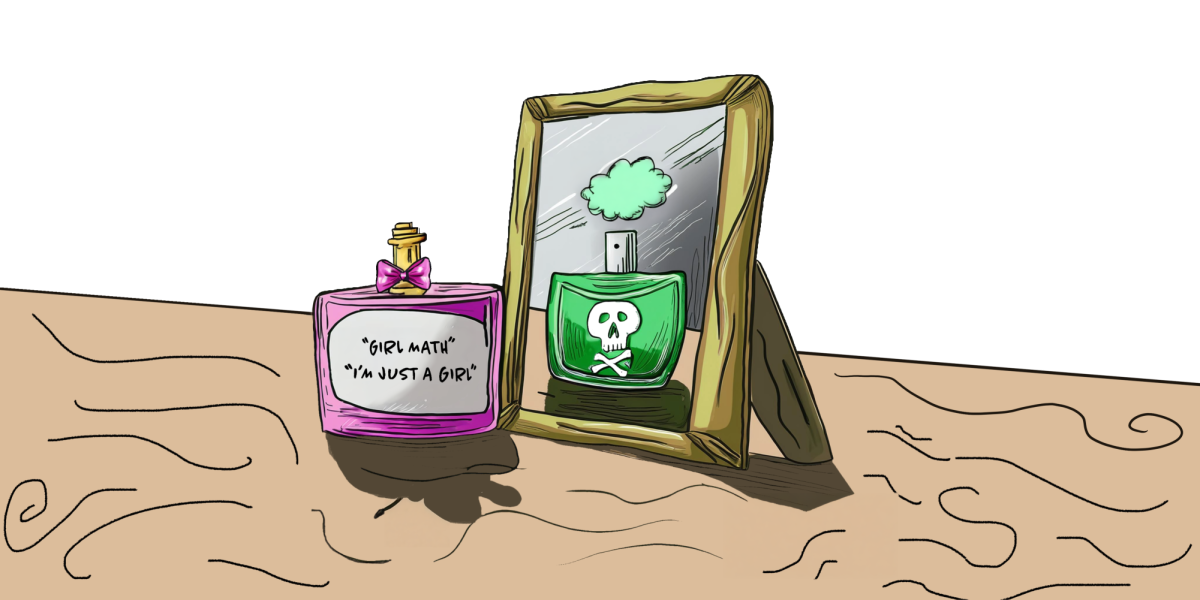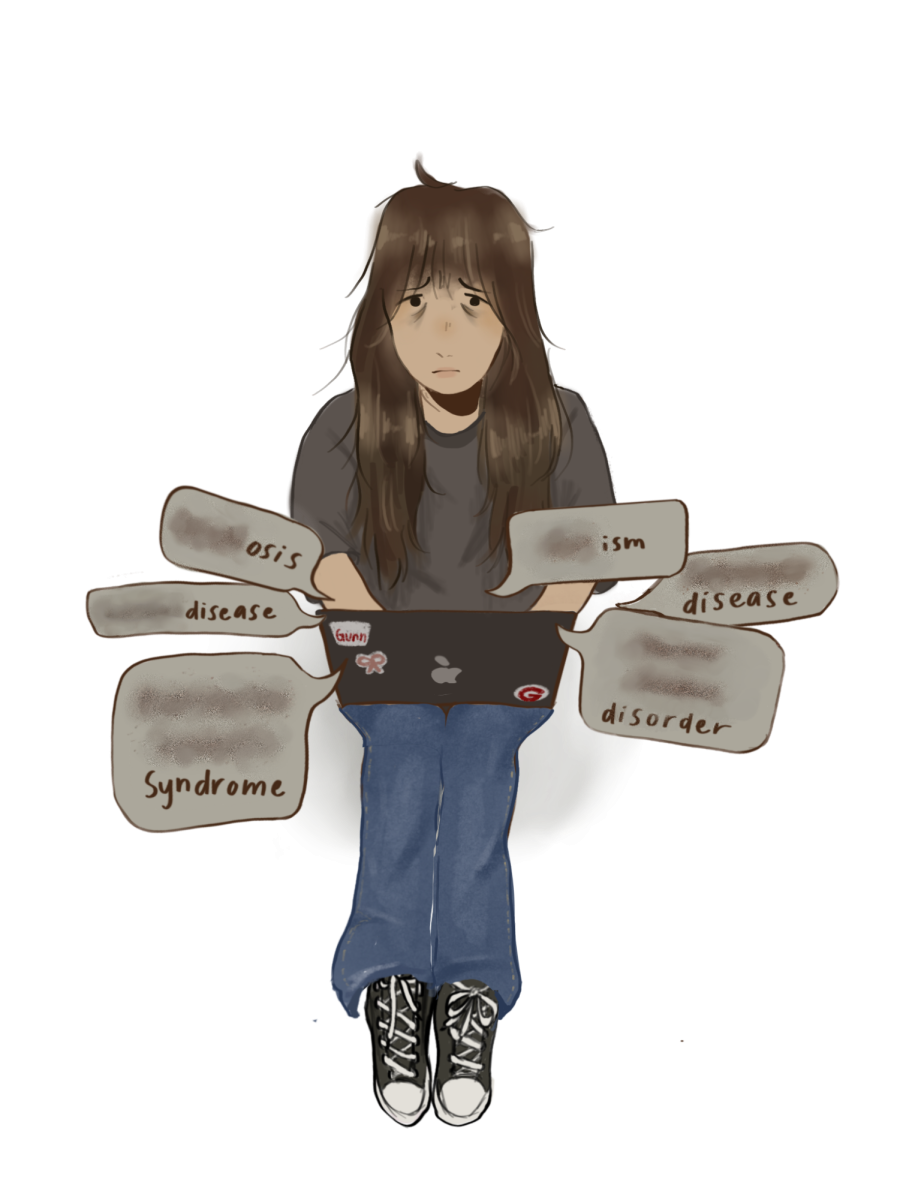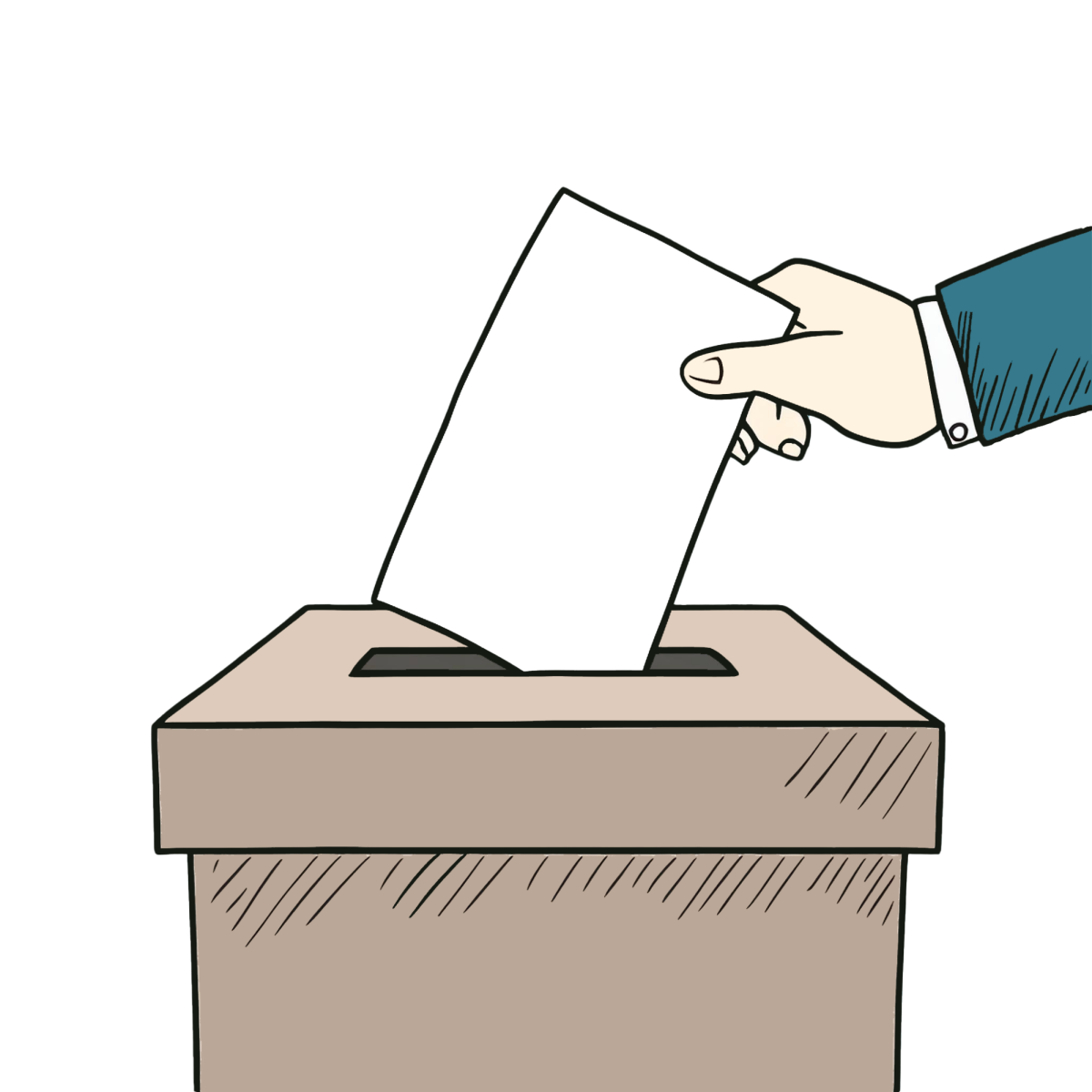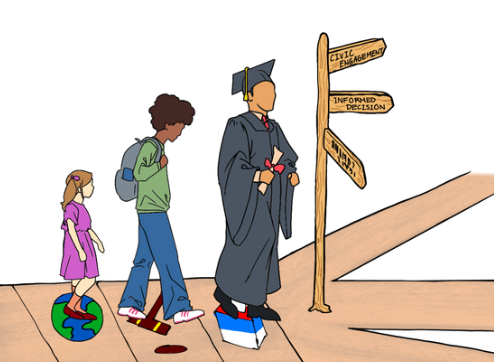The phrases “I’m just a girl,” “girl math” and “girl dinner” are a commonplace throughout social media platforms such as TikTok and Instagram, with posts garnering millions of likes, shares and comments. In fact, National Public Radio credits 2023 as the “Year of the Girl” due to the inordinate amount of “girl culture” content on social media platforms. These phrases, while humorous and seemingly innocuous on the surface, wield an unintentional effect of contributing to stereotypes and the undermining and infantilization of women.
One example of this phenomenon is the widespread use of “girl math.” Originally created as a humorous way of justifying excessive and irresponsible spending habits, it continues to perpetuate ideas that women are less financially responsible, less fiscally independent and less self-sufficient — qualities that paint women as clueless, overly codependent, and ultimately stunting their motivation for the acquisition of financial knowledge. According to a 2022 Teachers’ Insurance and Annuity Association of America Institute survey on financial literacy, women answered an average of 45% of questions correctly, compared to the 55% correct answer rate by men. These statistics demonstrate a degree of financial illiteracy in women, especially compared to their male counterparts, a fact in which social media has a large influence over. By sustaining the “girl math” trend, misinformation continues to spread and causes further confusion for younger individuals without the resources to understand what part of it is true or not. This is an especially pervasive issue for younger generations, because according to a 2023 study conducted by Forbes, 79% of millennials and Generation Z look to social media for financial advice. With more than three-quarters of two generations receiving economic advice from platforms with plenty of misinformation, the low level of financial knowledge in adults may become dangerous. Trends like “girl math” normalize financial illiteracy and prevent young women from taking ownership and learning the economic skills they will need later in their lives.
Not only do these trends lead to misinformed individuals, they reinforce stereotypes, contributing to the infantilization of women. The term “girl” can come across as demeaning and be used in a condescending manner. According to a 2015 Pennsylvania State University study contrasting the use of “girls” versus “women,” the group referred to as “girls” felt significantly less self-assured, believing that they had a lack of influential qualities and that others would not take them as seriously or respect their authority. Phrases like “I’m just a girl” encourage behaviors that contribute to these problems, as videos with these themes often feature a woman blaming her mistakes or lack of knowledge in a subject on her gender. This phrase embodies the stereotypes of incapability and frivolity that have been pushed upon women for generations — stereotypes that threaten to resurface when society perpetuates trends like these.
Yet another phrase, “girl dinner,” has become more common after content creator Olivia Maher posted a video showing a charcuterie board, referring to it as her dinner. Since then, the trend has evolved to depict “girl dinners” as mainly low-effort and low-nutrition snack-style meals. The “girl dinner” trend is destructive on another level – it has the potential to lead to unhealthy eating habits, especially in impressionable teens on social media. According to a 2018 study by healthcare provider company Providence, 93% of individuals between the ages of 14 and 22 use social media. Consumers of social media often view influencers as role models, causing them to imitate unideal lifestyles. Teens often follow these content creators to an unhealthy extent, especially with trends such as “girl dinner” that can promote and normalize a diet lacking the nutrition and calories necessary for adolescents to fuel their bodies and minds.
Although these trends have the ability to cause destruction, some may argue that they highlight the joyful, lighthearted side of girlhood. They believe that these trends allow women to reclaim the hate that has been brought against them, serving as a healthy form of escapism for women who missed out on their childhoods. However, while the trend originated as a fun way to joke around with stereotypes, it has been taken too far. The original creators likely had no ill intent in producing these trends, but they have no control over the way a joke is perceived. Those who see the trend come across their social media page now don’t see the embedded sarcasm that completes the story — instead, they see a depreciated version of the roles women play in today’s society. This especially affects the younger generation, one that draws many examples from the influencers they see on social media into their daily lives, a reality which can result in the bolstering of these harmful trends.
While there are many detrimental stereotypes and harmful rhetoric against women, this specific phenomenon is worth scrutinizing because it is mainly internally perpetrated and maintained by women. Movements such as “girls supporting girls” and #MeToo created a shared community for women to help each other, confide in each other and share advice. However, trends pertaining to girlhood undo the progress achieved by its predecessors.
Harmless on the outside but deeply calamitous under examination, the girlhood trends lead to the infantilization of women, the perpetration of stereotypes and unhealthy habits. Simple TikToks and Instagram posts lay a heavy hand on society, especially in teenagers and adolescents, due to modern reliance on these platforms as legitimate sources of information. Influencers, who often don’t understand the negative effect that these trends have on women, feminism and our economy, are the ones who keep trends alive. Content creators and their followers unknowingly participate in the perpetuation of stereotypes that shape our society. Because of ignorance like this, teens are left on their own to navigate the chokehold of social media and the vise that girlhood trends have on them. However, practicing mindfulness before posting, speaking or participating in potentially damaging trends can promote healthy habits and empowerment rather than harm and codependence.
































Will Kizer • Sep 23, 2024 at 9:52 pm
Very insightful with so many great points. It’s crazy to think about the ripple effects small jokes can have on youth and society.